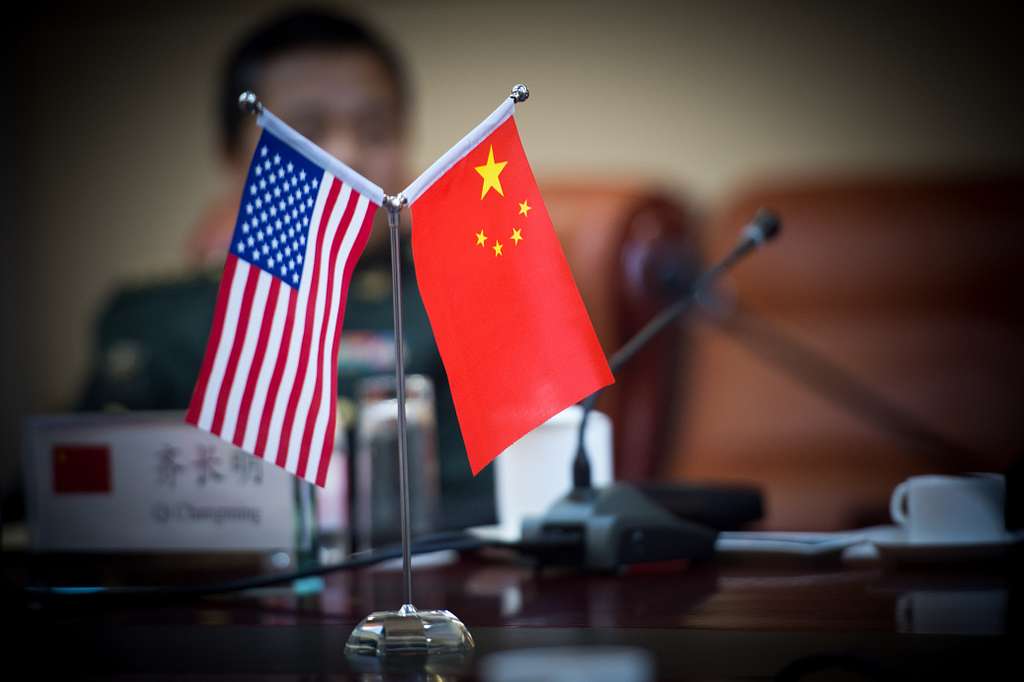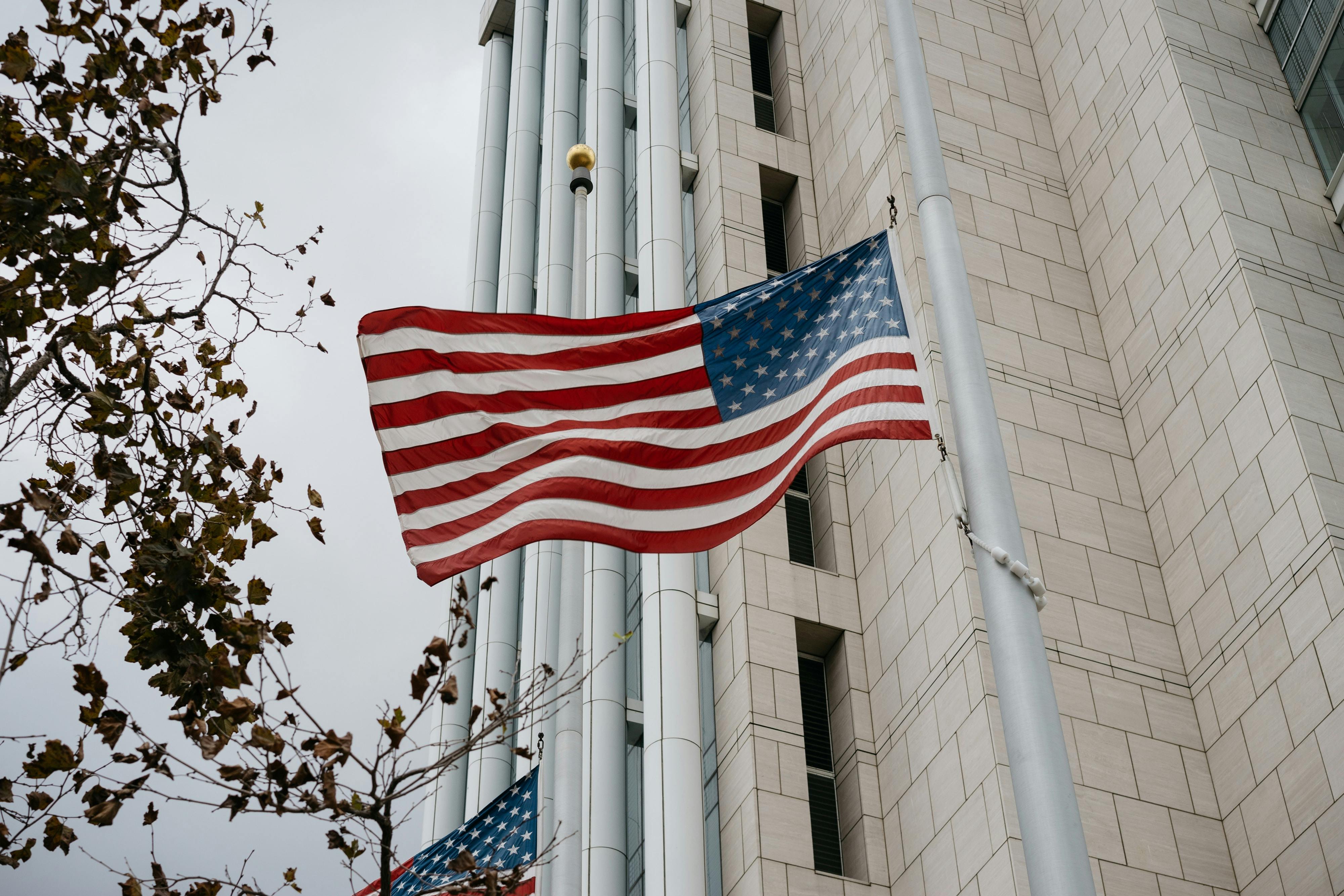Today's Headlines and Commentary
Lawfare’s daily roundup of national security news and opinion.
Protests against police brutality and racial injustice in Louisville, Kentucky, continued for their 45th consecutive day, reports the New York Times. Demonstrations have been fueled by fury over the death of Breonna Taylor, a Black medical worker who was killed by Louisville police in her own home. One of the three officers involved was fired, but none face criminal charges.
New body camera footage of George Floyd’s death in police custody was released yesterday, writes the Times. The video provides more detail on the actions taken by Derek Chauvin, the senior Minneapolis officer who kneeled on Floyd’s neck for nearly nine minutes and who has since been charged with second-degree murder.
Senate Minority Leader Chuck Schumer is spearheading a proposal that would invest $350 billion in communities of color that have been disproportionately affected by the pandemic, according to Politico. "Long before the pandemic, long before this recession, long before this year’s protests, structural inequalities have persisted in health care and housing, the economy and education,” Schumer said in a statement. “Covid-19 has only magnified these injustices and we must confront them with lasting, meaningful solutions.”
Coronavirus cases continue to rise in the U.S. as over 3,500,000 people have been infected in the country, reports the Times. COVID-19 related deaths are increasing in many states, particularly in the Sun Belt region of the United States.
The U.S., U.K. and Canada today accused Russian hackers of trying to steal COVID-19 vaccine research, writes the Post. The group was identified as APT29 (also known as “the Dukes” or “Cozy Bear”) and used custom malware to target a number of international organizations researching the virus. APT29 was one of the Russian government hacking groups allegedly responsible for compromising the Democratic National Committee and gaining access to campaign emails in 2016.
Wesley Ira Purkey was executed early this morning, making him the second federal defendant killed by death penalty this week, according to the Hill. Just hours before Purkey’s death, the Supreme Court lifted stays of execution on Purkey, who was convicted for the kidnapping and murder of a 16-year-old girl in 1998.
Hackers hijacked the Twitter accounts of multiple prominent public figures on Wednesday, reports Reuters. The perpetrators of the cyberattack collected over $120,000 in bitcoin transfers by posing as celebrities such as Barack Obama, Joe Biden and Elon Musk, among others. The platform briefly shut down all verified accounts in response, but analysts note the incident was damaging to Twitter’s reputation and presents new concerns for the site’s security leading up to the U.S. presidential election.
The Supreme Court today declined to overturn a federal appellate court decision blocking some Florida felons from participating in elections, writes the Post. Justice Sonia Sotomayor wrote the dissenting opinion, stating that the decision “prevents thousands of otherwise eligible voters from participating in Florida’s primary election simply because they are poor.”
Shamima Begum, a woman who left London in 2015 to join ISIS, has been permitted to return to the U.K. to appeal the government’s decision to strip her of her British citizenship, according to the Times. The Court of Appeal ruled today that Begum is entitled to come into Britain to pursue a “fair and effective appeal,” though this does not mean she will be successful in having her citizenship restored. Begum fled to a refugee camp after the Islamic State lost control in Syria.
On Wednesday, China warned the U.S. against “bullying and unfairness” and called recent American steps to sanction Chinese officials an “attempt to obstruct China’s development,” writes Politico. President Trump signed the Hong Kong Autonomy Act into law on Tuesday, which imposes sanctions on Chinese officials and banks found to be subverting Hong King’s autonomy. This comes amid increasing concern from the U.S. and European governments over China’s recent national security law, which is largely seen as a threat to freedom of speech in Hong Kong.
On Wednesday, federal asylum officers condemned a Trump administration proposal to overhaul the immigration system, reports the Times. “In the last three years, the executive branch of our government has sought to turn the asylum system on its head,” the union representing the asylum officers said. “The most extreme in a recent series of draconian changes to the American asylum process, the proposed regulation dismantles our carefully crafted system of vetting asylum claims, and with it, America’s position as a global leader in refugee assistance.”
On Wednesday, President Trump renewed the legal battle over his financial records with Manhattan District Attorney Cyrus Vance, writes the Post. After last week’s Supreme Court ruling that the president does not have absolute immunity from subpoena in state court proceedings, Trump’s lawyers announced that they would raise additional objections to the New York state subpoena for his tax returns.
The E.U.’s highest court ruled today that a transatlantic data transfer deal is invalid due to concerns about U.S. surveillance, according to Reuters. The decision will impact more than 5000 companies signed onto the Privacy Shield, which was established in 2016 to protect personal data sent to the U.S. for commercial use. “One of the biggest takeaways is that we would need fundamental reform in U.S. surveillance laws if U.S. companies still want to have any kind of decent access to the European market,” said Austrian privacy activist Max Schrems, who was a named party to the case.
ICYMI: Yesterday on Lawfare
David Turetsky, Brian Nussbaum and Unal Tatar discussed success stories in sharing information about cyber threats, incidents and vulnerabilities.
Jen Patja Howell shared an episode of the Lawfare Podcast featuring an expert conversation on the ongoing human rights crisis in the Xinjiang region of China, where the Chinese government has been systematically persecuting Uighurs and other ethnic and religious minority groups.
Bobby Chesney analyzed yesterday’s news of a 2018 presidential covert action finding which altered the terms of CIA cyber operations against adversaries.
Howell shared an episode of Rational Security on the CIA in cyberspace, TikTok and U.S.-Russia relations.
Steven Bates discussed the work of First Amendment theorist Alexander Meiklejohn in relation to today’s “cancel culture.”
Darya Dolzikova and Aniseh Bassiri Tabrizi argued that European countries, which continue to oppose the United States’s maximum pressure campaign in Iran, must maintain a united front with Russia and China in order to save the JCPOA.
Email the Roundup Team noteworthy law and security-related articles to include, and follow us on Twitter and Facebook for additional commentary on these issues. Sign up to receive Lawfare in your inbox. Visit our Events Calendar to learn about upcoming national security events, and check out relevant job openings on our Job Board.





